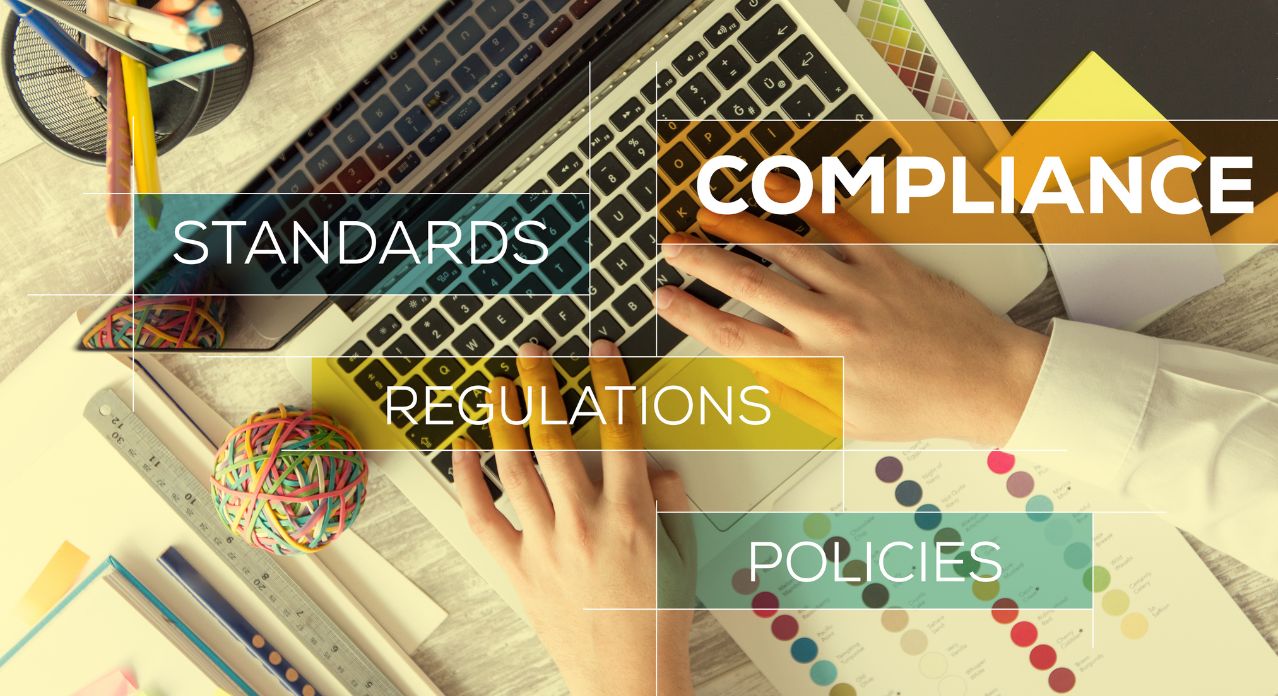As we move into the new year, businesses face a rapidly changing regulatory environment that demands constant attention and adaptation. With new laws, updates to existing regulations, and shifts in enforcement priorities, staying on top of compliance is more critical than ever. At OpsMaven, we understand the importance of being proactive, and as your trusted partner, we want to help you navigate the top legal compliance issues to watch for in 2025.
Here are the key areas where businesses should focus their attention this year:
1. Data Privacy and Protection Laws
- GDPR (General Data Protection Regulation): For businesses handling personal data, adherence to GDPR’s strict requirements around data processing, consent, and breach notifications remains essential. The penalties for non-compliance can be severe, so staying updated is a must.
2. Employment Law and Labor Compliance
- Remote Work and Employee Classification: As remote and hybrid work models continue to thrive, ensuring compliance with labor laws in different jurisdictions is key. This includes proper classification of workers as employees or independent contractors, and ensuring that benefits, overtime, and tax laws are adhered to.
- Workplace Discrimination and Harassment: Anti-discrimination laws and workplace harassment policies remain a priority. Businesses must ensure that their policies reflect the latest legal standards, provide clear reporting mechanisms, and address any concerns swiftly.
- Minimum Wage Increases: Many states and localities will continue to raise minimum wages in 2025, and businesses will need to ensure they’re adjusting payroll systems accordingly to stay in compliance.
3. Environmental and Sustainability Regulations
- Environmental Regulations: Whether it’s waste management, emissions controls, or product packaging regulations, compliance with environmental laws is a growing concern.
- ESG (Environmental, Social, and Governance) Disclosures: With increasing demand from investors and stakeholders for transparency on ESG initiatives, businesses should be prepared for more comprehensive ESG reporting requirements for greater accountability in how companies disclose their environmental and social impacts.
4. Intellectual Property (IP) Protection
- Patent and Trademark Filings: With innovation driving much of the market, keeping patents and trademarks up to date is crucial. Companies should regularly audit their IP portfolio and ensure that their intellectual property rights are adequately protected.
- Copyright Compliance: Especially for businesses that rely on digital content, ensuring compliance with copyright laws is critical. Unauthorized use of third-party content can lead to legal battles and significant financial penalties.
- Trade Secrets Protection: Safeguarding proprietary information, including formulas, processes, and strategies, requires strong security practices and legal safeguards to prevent theft and unauthorized use.
5. Mergers and Acquisitions (M&A) Compliance
- Antitrust Laws: Mergers and acquisitions that could potentially reduce competition are under the scrutiny of regulatory bodies. Businesses must ensure they aren’t violating antitrust laws, which can lead to investigations, fines, or even the blocking of a deal.
- Due Diligence and Disclosure: Proper due diligence is key to identifying potential risks, including tax liabilities, pending litigation, or compliance issues. Full disclosure of regulatory bodies and shareholders is not just a best practice—it’s legally required.
6. Tax Compliance and Corporate Taxation
- Global Tax Compliance: With international tax reforms, particularly the OECD’s efforts to curb tax avoidance, businesses must adapt to new reporting requirements. This includes understanding changes in transfer pricing rules and global tax rate adjustments.
- State and Local Tax Changes: As states enact their own tax laws, businesses must stay on top of local tax changes, especially as digital sales tax laws evolve and nexus rules become more complex.
- Employee Benefits and Taxation: Businesses that offer employee benefits like stock options, retirement plans, or health insurance must ensure these benefits are tax-compliant under the latest rules, especially with potential changes to tax deductions and credits.
7. Anti-Money Laundering (AML) and Financial Crimes
- AML Programs: It’s essential to have an effective anti-money laundering program in place that includes transaction monitoring, KYC (Know Your Customer) practices, and internal audits. Non-compliance can lead to significant fines and reputational damage.
- Sanctions Compliance: With increasing global scrutiny, companies must ensure they are not doing business with sanctioned individuals, entities, or countries. This includes regular screenings of clients and partners against sanction lists.
8. Cybersecurity and Data Security Regulations
- Data Protection and Breach Notifications: Data protection laws require businesses to act quickly in the event of data breach, notifying affected parties and regulators within set timeframes. Having an incident response plan in place is vital to ensure timely compliance.
- Cybersecurity Standards: In today’s digital landscape, protecting sensitive data from breaches and cyberattacks is critical. Industry standards like NIST provide guidelines to help businesses strengthen their cybersecurity by focusing on risk assessment, threat detection, and incident response. For businesses in regulated industries like finance and healthcare, complying with these standards is essential to mitigate legal risks, avoid penalties, and maintain customer trust. Aligning your cybersecurity practices with these standards ensures both data protection and regulatory compliance.
Looking Ahead: Stay Ahead of Compliance Challenges
The legal landscape in 2025 is complex, and businesses that stay ahead of these compliance challenges will be better positioned to navigate the regulatory environment successfully. By proactively addressing key issues like data privacy, labor laws, environmental regulations, and tax compliance, your business can avoid costly legal risks and continue to thrive.
At OpsMaven, we’re here to help you navigate these changes with confidence. Our team of experts is committed to providing the insights and guidance you need to stay compliant and successful in the year ahead. Contact us today!
